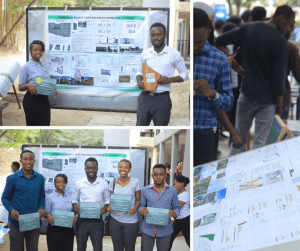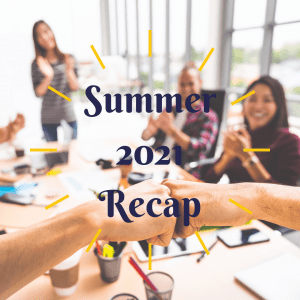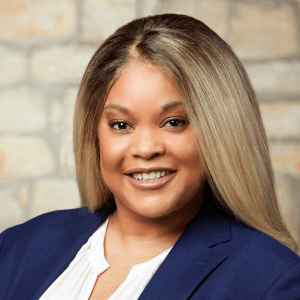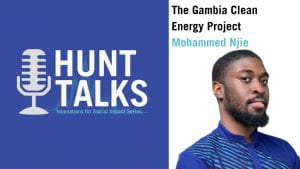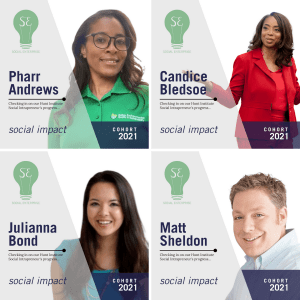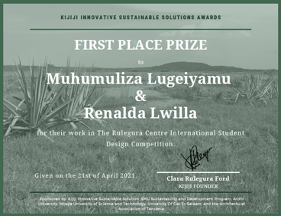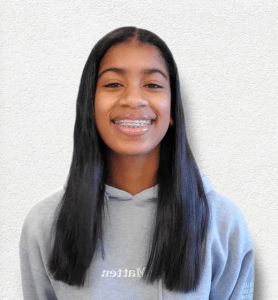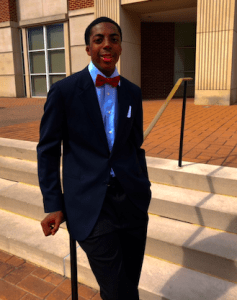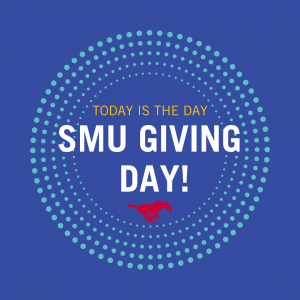Kijiji Innovative Sustainable Solutions (K.I.S.S.)—in partnership with SMU’s Sustainability + Development Program (S+DP), the Hunt Institute for Engineering and Humanity (HI), and three universities in Tanzania—launched an architectural competition for the design of the Rulegura Centre back in 2020.
Student teams drafted building plans for the Rulegura Center, which were then evaluated by a panel of three international jurors (Dr. Michael Ramage, Dr. Victoria Marwa Heilman, and Paul Westbrook). As the final step in the Rulegura Design Competition, each university (Mbeya University of Science and Technology, University of Dar es Salaam, and Ardhi University) hosted separate events to celebrate both the participants and the winners.
Surprisingly, when our international jury panel unanimously selected the top three project placements in the competition, each chosen project was designed by a group of students from a different one of the three Universities that participated. Due to the anonymity of the competition, this outcome was completely by chance. However, these results left everybody involved pleasantly surprised because all the universities had equal reason to celebrate!
 Organizing the participation certificates, placement awards, and printed design submissions would not have been possible without the dedication of University Coordinators, Professor Sayuni Bupe, Professor Buberwa Tibesigwa, Professor Raymond Kassonga, and SMU S+DP student Alejandra Hinojosa, with the HI Team. Also, Kijiji Board Members Clara Rulegura Ford, Martin Rulegura, and Dr. Jessie Zarazaga contributed to making sure the posters, trophies, and monetary awards were delivered to the students. Despite an 8-hour time difference and a number of moving pieces, the Kijiji team was able to get all of the parts in place so that the universities could hold their celebrations.
Organizing the participation certificates, placement awards, and printed design submissions would not have been possible without the dedication of University Coordinators, Professor Sayuni Bupe, Professor Buberwa Tibesigwa, Professor Raymond Kassonga, and SMU S+DP student Alejandra Hinojosa, with the HI Team. Also, Kijiji Board Members Clara Rulegura Ford, Martin Rulegura, and Dr. Jessie Zarazaga contributed to making sure the posters, trophies, and monetary awards were delivered to the students. Despite an 8-hour time difference and a number of moving pieces, the Kijiji team was able to get all of the parts in place so that the universities could hold their celebrations.
Following several weeks of coordination and planning, we received pictures from Raymond at Ardhi University of their school’s event. At this event, winners and participants of the Kasisa Community Center Competition received awards and certificates. An array of dynamic students studying architecture, interior design, landscape architecture, building economics, and civil engineering attended the celebration. The images depict the first-place winners, Renalda Lwilla and Muhumuliza Luveiyamu, as well as Ardhi University student participants, and images from the event that day.
On possible future student opportunities regarding this collaboration, Dr. Jessie Zarazga said:
“Students in the SMU S+DP Masters program followed-on by jumping into the same design challenge, producing their own sustainable design proposals for Kasisa, and learning from the work of the Tanzanian cohort. For the next stage we hope to coordinate a more direct integration of teaching structures, so that real international collaboration can be developed.”
This update was written by Alejandra Hinojosa, S+DP Grad Program Manager 2021.
To read more about the Hunt Institute’s work to develop future-focused solutions to some of the world’s biggest problems, please click here. For the latest news on the Hunt Institute, follow our social media accounts on LinkedIn, Facebook, and Instagram. We invite you to listen to our Podcast called Sages & Seekers. If you are considering engaging with the institute, you can donate, or sign-up for our newsletter by emailing huntinstitute@smu.edu.

